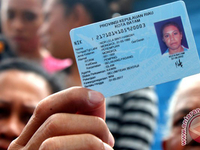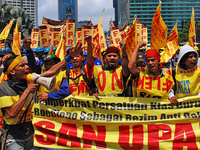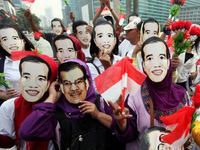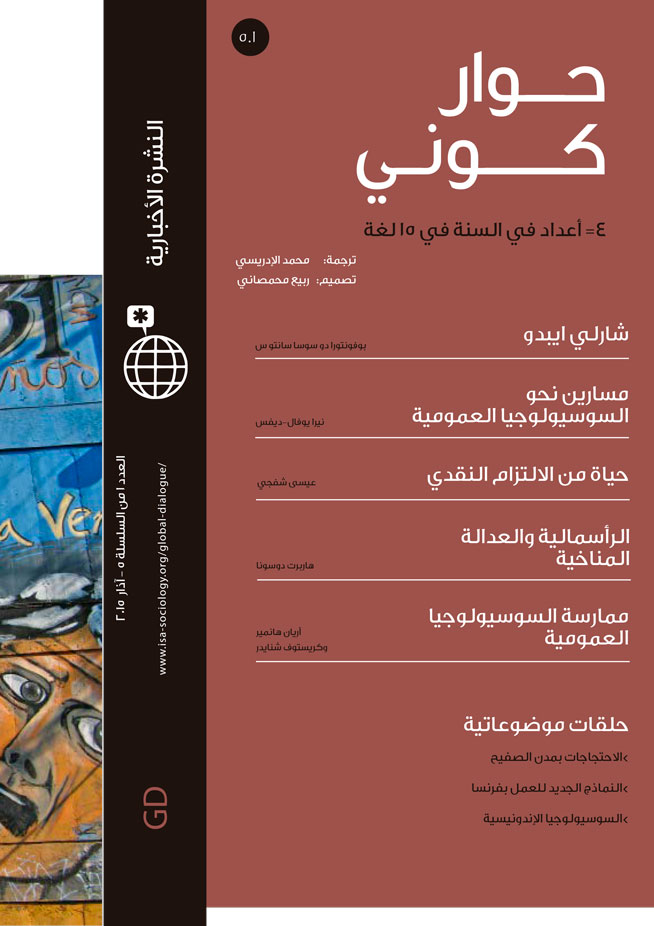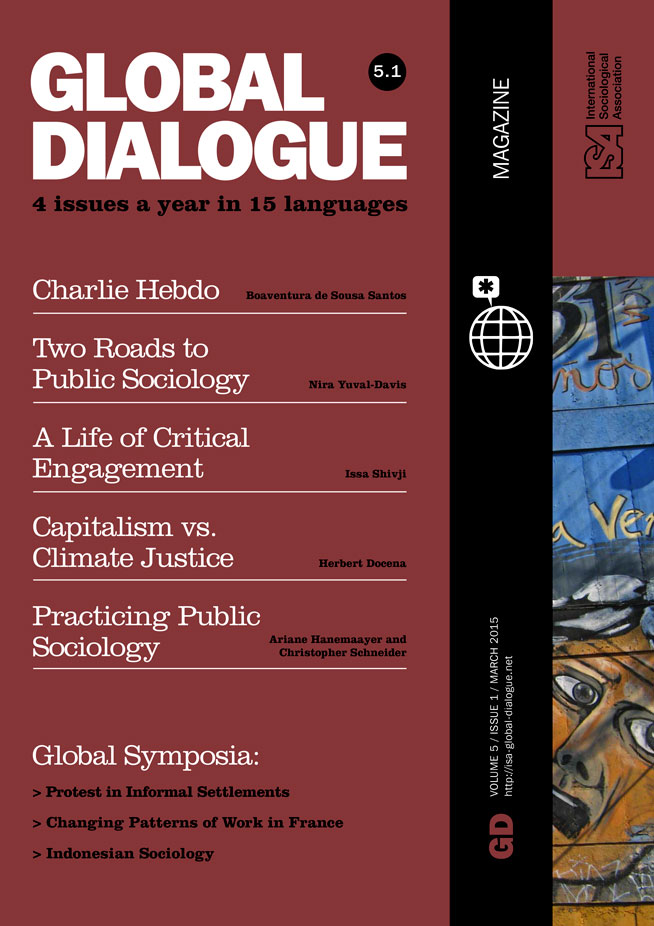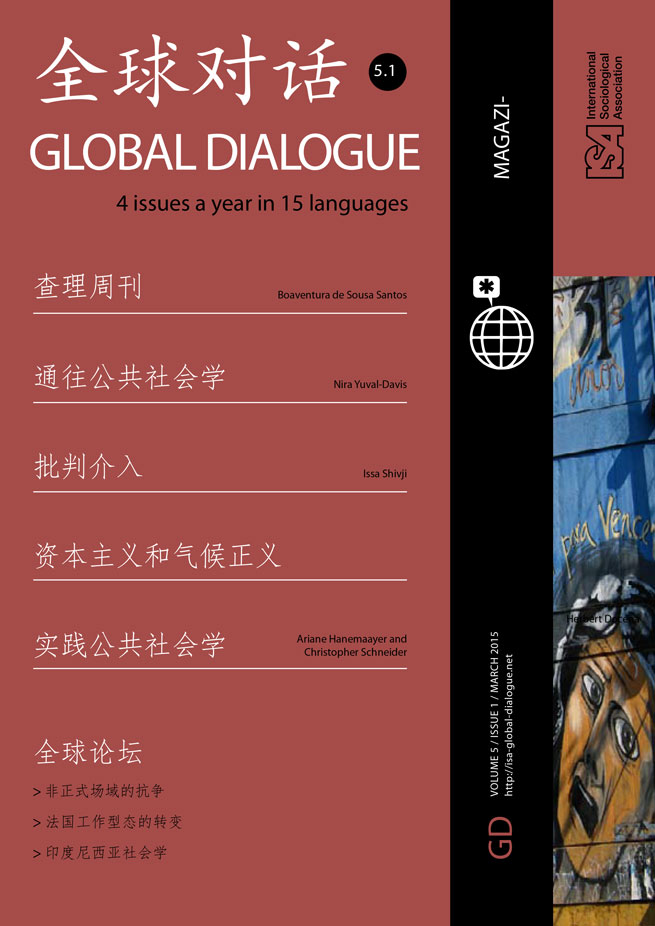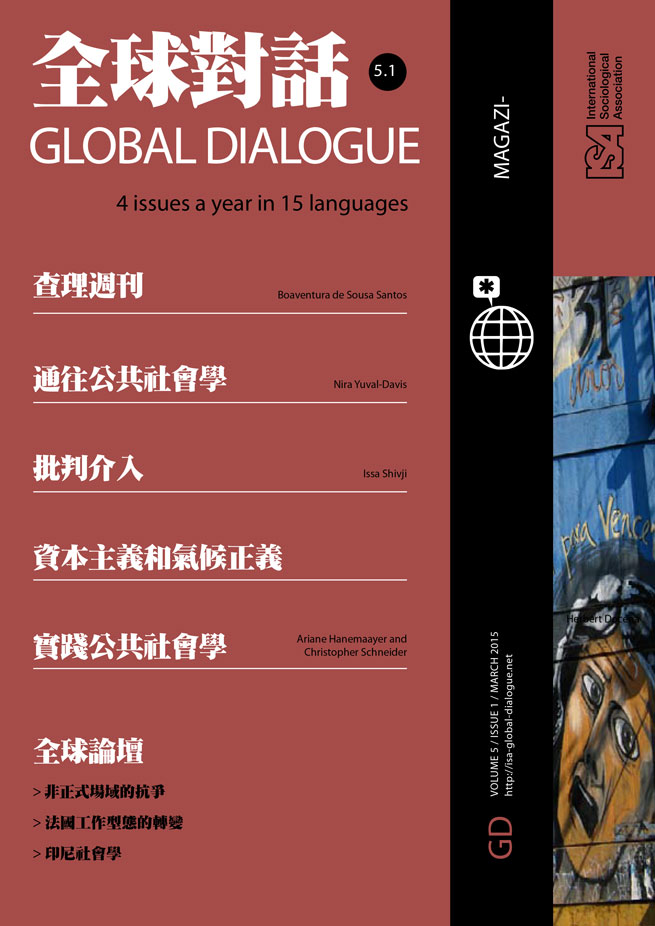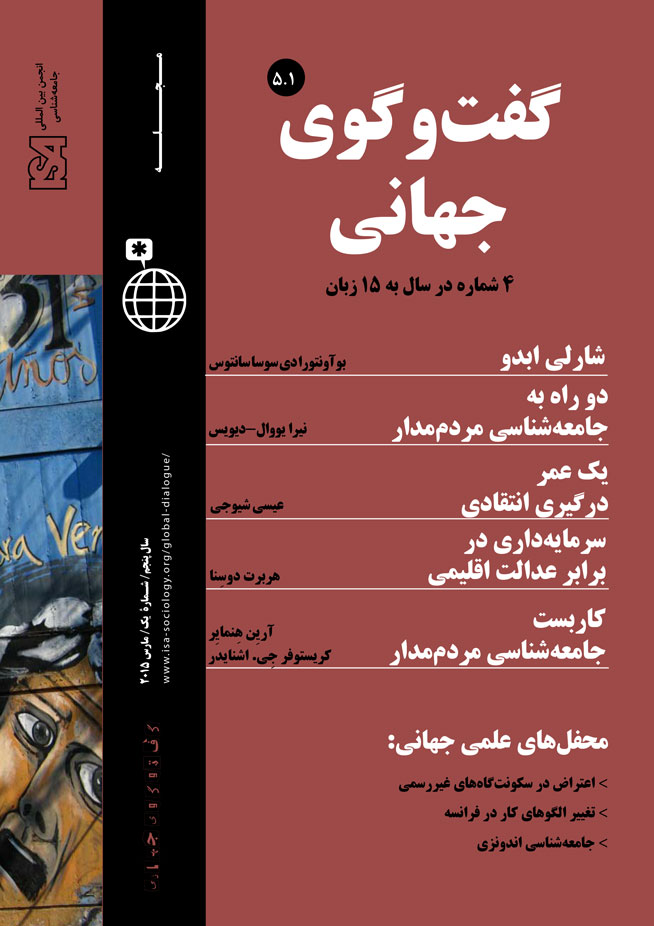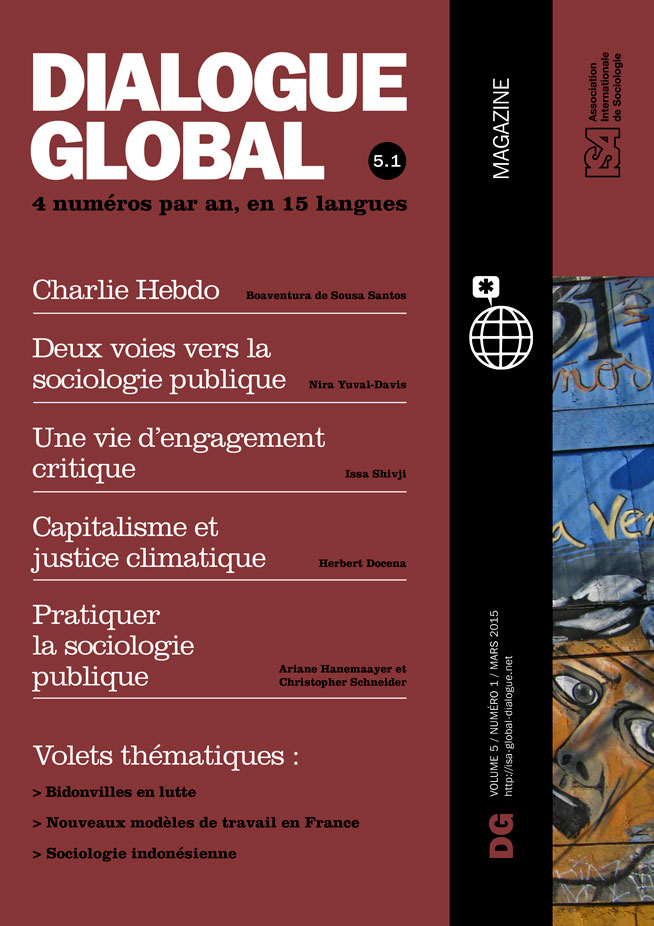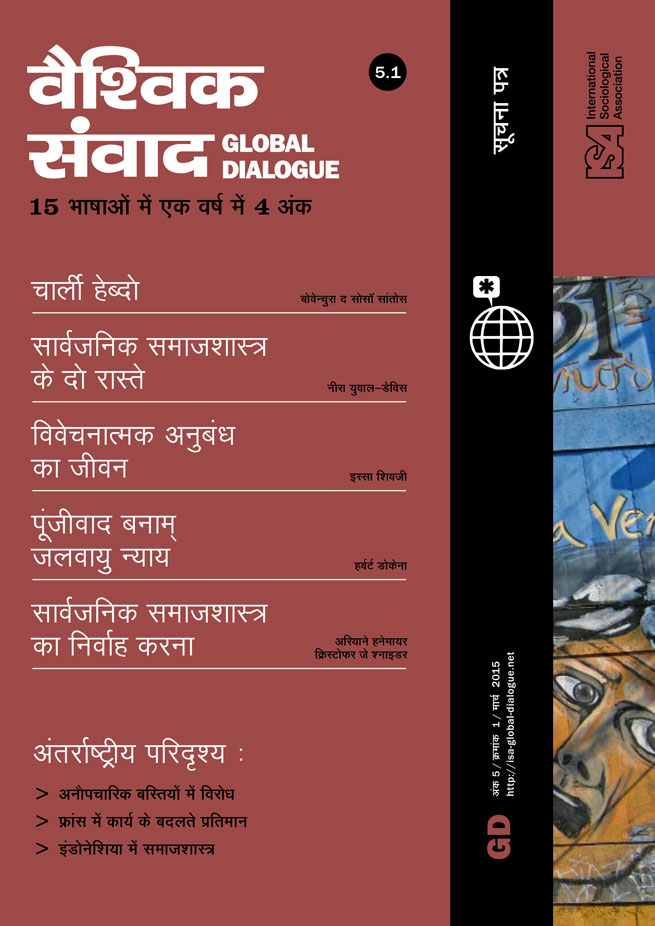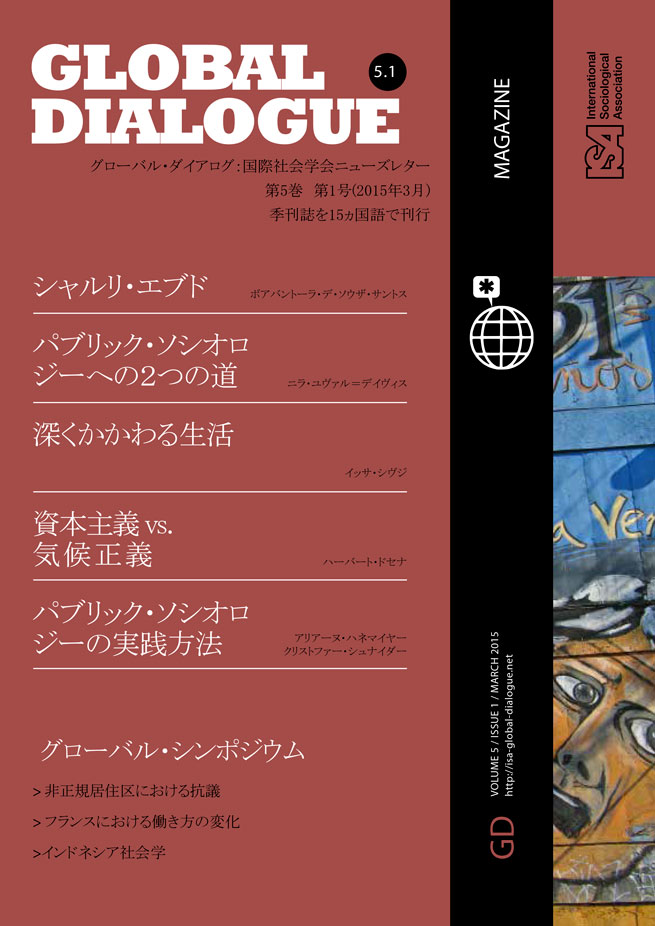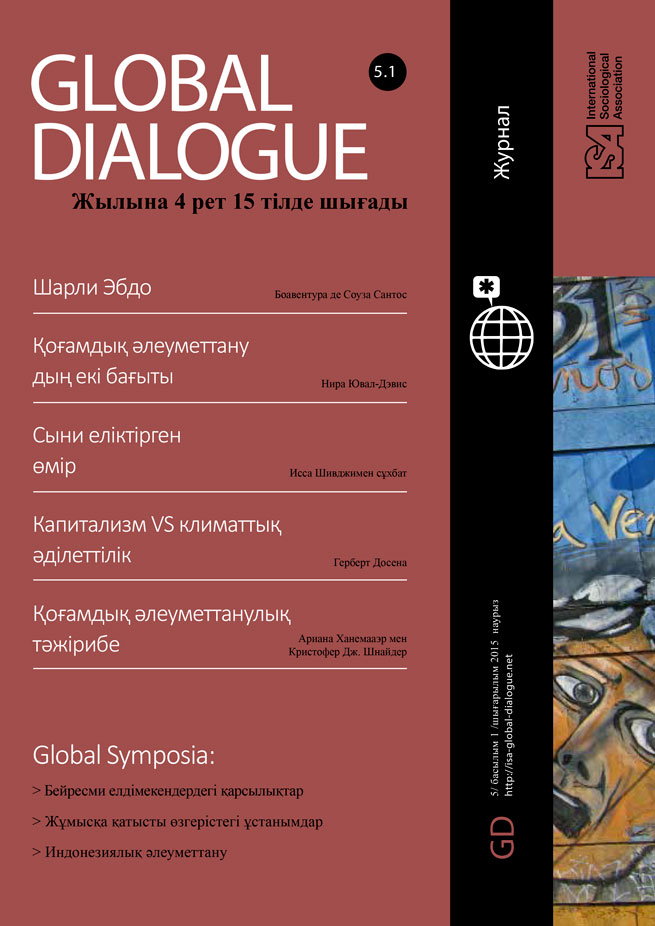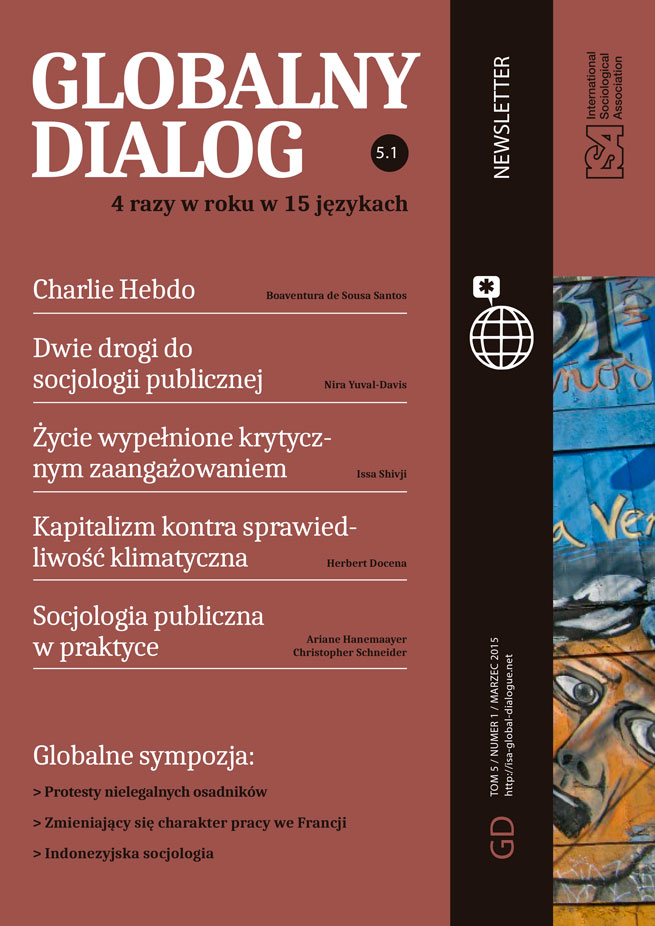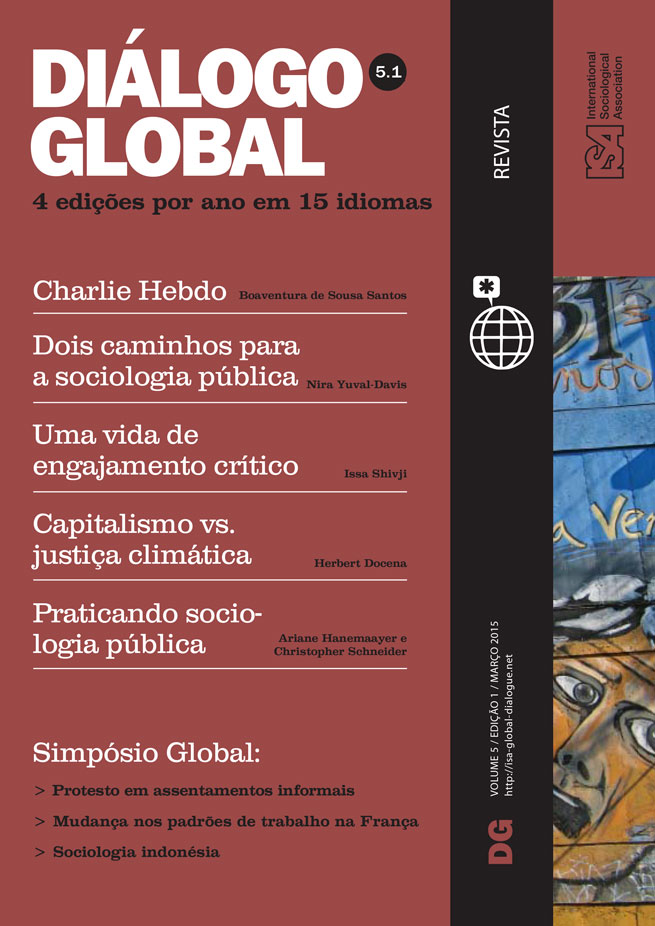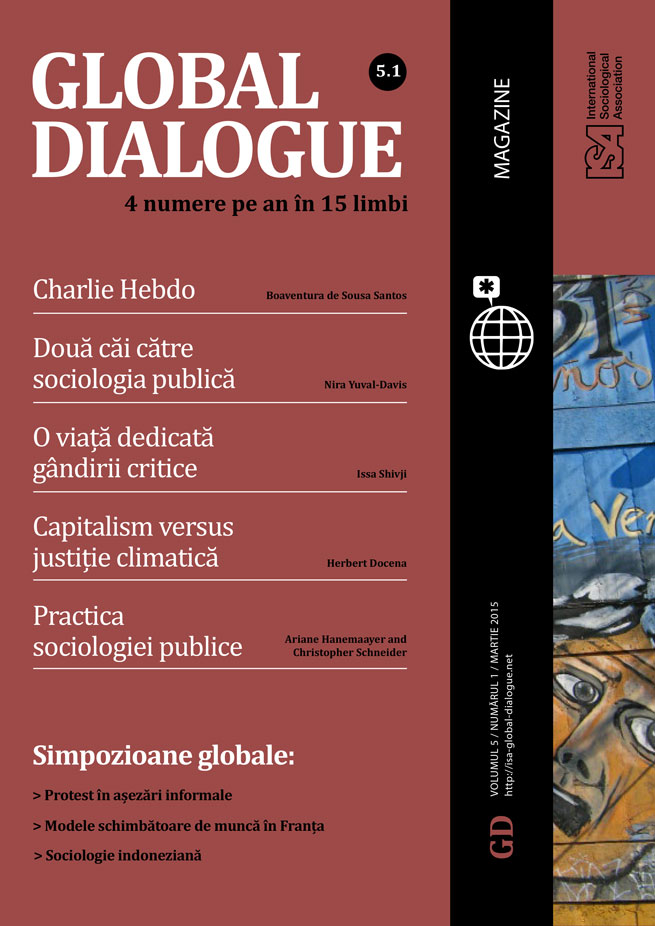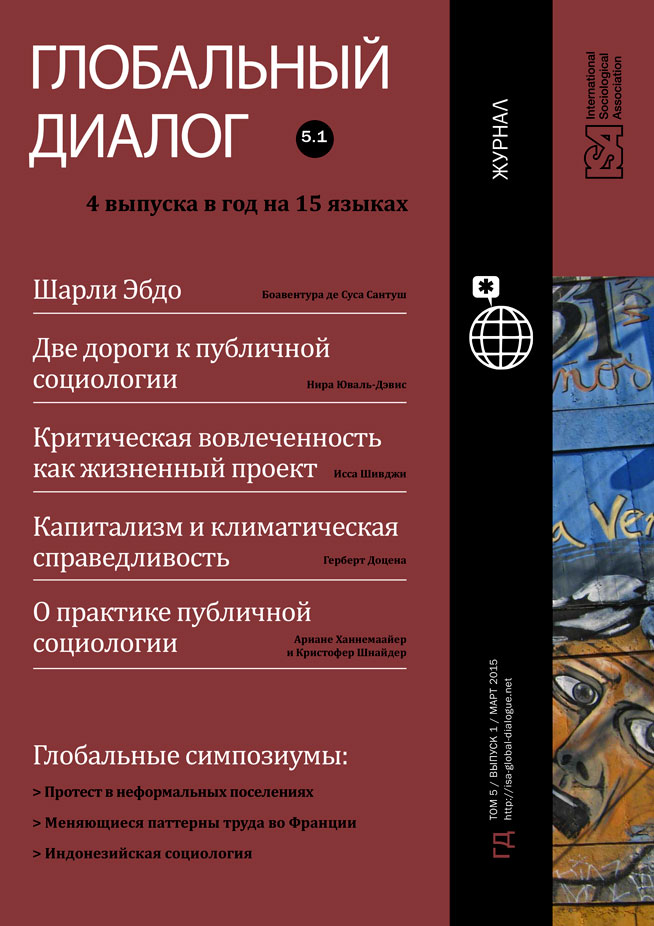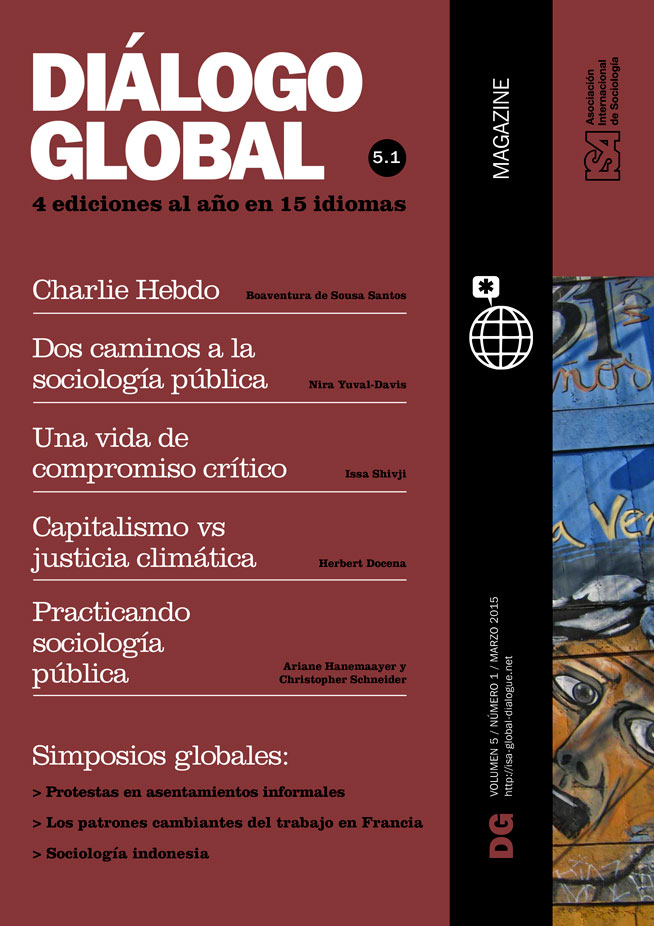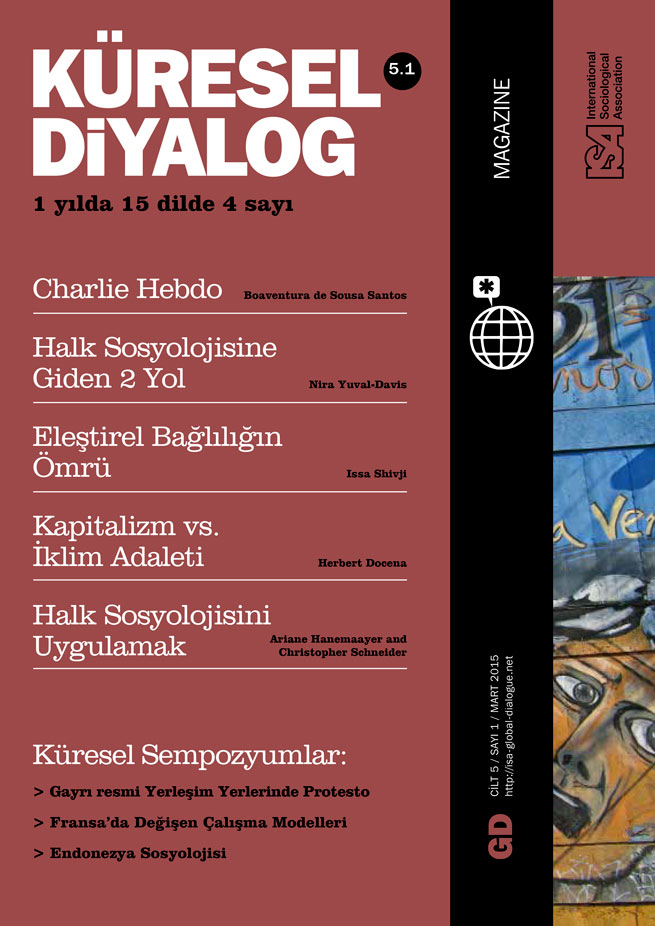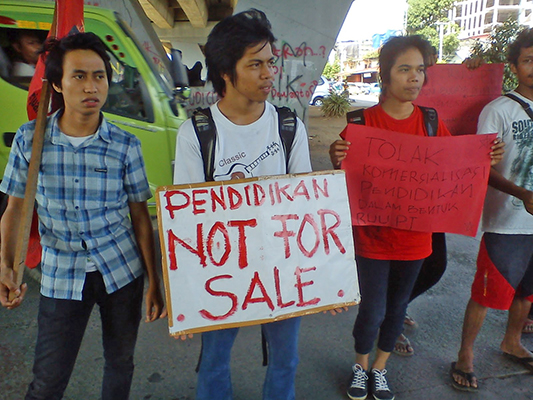After the Indonesian reform movement ended 32 years of authoritarian military rule in 1998, the state introduced hotly contested educational reforms. Since 2003 the establishment of the Constitutional Court opened a new venue where society could challenge laws it regards as unconstitutional, and over the past decade, educational providers, students and civil society groups have brought suits over the new education laws.
In 1999 the government issued a government regulation which allowed the corporatization of certain public higher education institutions. Among the reasons given for the changes was to grant greater autonomy for enhancing national competitiveness in response to sharp competition caused by processes of globalization. Consequently, between 2000 and 2010 the government corporatized six public universities and two public institutes.
The corporatization of public universities and institutes triggered strong reactions from the public, especially parents and students. In the past, tuition fees for public higher education institutions were tightly controlled by the government. As public higher education institutions continued to expand, government funding could no longer keep up with rising educational costs so that tuition became an increasingly important source of revenue. Periodic increases in tuition fees became common.
Students of public higher education institutions had in the past contested tuition hikes on their campuses through various means such as on-campus and street demonstrations, occupy movements, petitions, public debates, criticisms through the mass media and, more recently, through social media. Many students opposed the corporatization of public higher education institutions fearing higher tuition fees and a more general commercialization of education that would effectively prohibit underprivileged students from admission. Most of the time, however, these protests were in vain as campus authorities stood firm, knowing they could count on government support.
In 2003 the state issued a new law which among other things proposed to corporatize all educational institutions – formal and non-formal, at all levels from nursery to tertiary education, both public and private. A law corporatizing educational institutions was subsequently issued in 2009.
These two new laws alarmed private foundations that ran existing educational institutions, because their controls would be significantly curtailed. In 2006 sixteen private and non-governmental organizations asked the Court to conduct a judicial review of the 2003 law, in particular the article on corporatization. The request was rejected, however, because the law had not yet been enacted.
Parents, students and civil society organizations also began to request judicial reviews because they were interested in ensuring free public education and preventing the corporatization of public higher education that, in their view, would lead to commercialization. They argued that education was a public good, and that the entire cost of education was the state’s responsibility; they regarded any attempt to shift the burden of educational costs to society as unconstitutional.
In 2009, private and non-governmental organizations together with students, teachers, lecturers, parents, and scholars from various regions filed five separate requests for a review of the 2003 and 2009 laws. Their effort paid off: the Court revised a number of articles in the 2003 law and scrapped the entire 2009 law.
In most cases, these challenges to specific aspects of educational reform generally reflected the specific social location of the challenger. Organizations that administer educational providers were interested in the sustainability of their private educational institutions; they opposed corporatization because they would lose control over their educational institutions and would face legal uncertainties. After their requests for a review of the 2003 law and the 2009 law were granted, their resistance to the corporatization of educational institutions ended.
After the 2009 law was declared non-binding, however, the state issued in 2012 a new law on higher education providing a new legal basis for the corporatization of public higher education institutions. In 2013 undergraduate law students from a public university requested the Court to review six articles in the 2012 law; however, their requests were rejected.
What did the students, parents, concerned scholars and civil society organizations achieve with their requests for judicial reviews? Although the 2003 law was modified and the 2009 law scrapped, their goals – free education and the prevention of the corporatization of public higher education institutions – were not realized. Taken together, the Court’s decisions mean that:
1. Students of public higher institution have to pay tuition fees, subject to government controls;
2. Public higher education institutions are required to allocate at least 20% of available seats to high-achieving but economically underprivileged applicants, but are not obliged to allocate more than 20%;
3. Public higher education institutions are allowed to rely on different student entrance systems; the Court linked these decisions to affirmative action while students tend to view this policy as commercialization;
4. The corporatization of eligible public higher education institutions now continues unopposed.
Students, parents and civil society activists have exhausted all their options for attaining free public higher education, because decisions of the Constitutional Court cannot be appealed. Their defeat has demoralized the movement, and at present there are no initiatives to oppose the commercialization of higher education. Nonetheless, students at various public higher education institutions still contest tuition fees that are unfair toward low-income families, but the object of their contestation is now their own institution rather than the state.
Kamanto Sunarto, University of Indonesia, Depok, Indonesia, Member of ISA Research Committees on Sociology of Education (RC04) and History of Sociology (RC08) <kamantos@yahoo.com>

